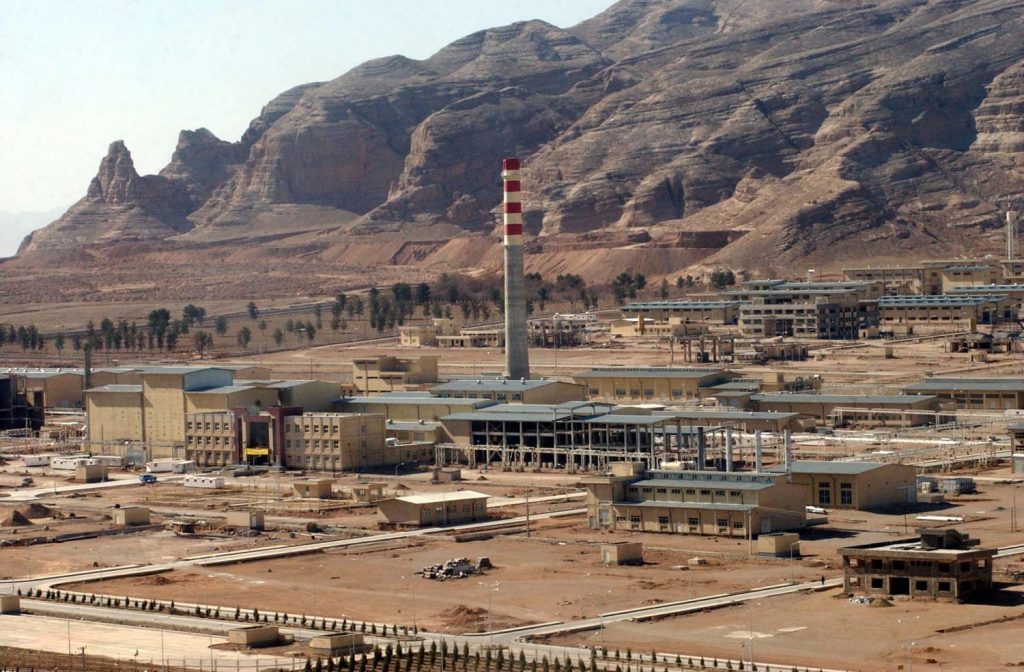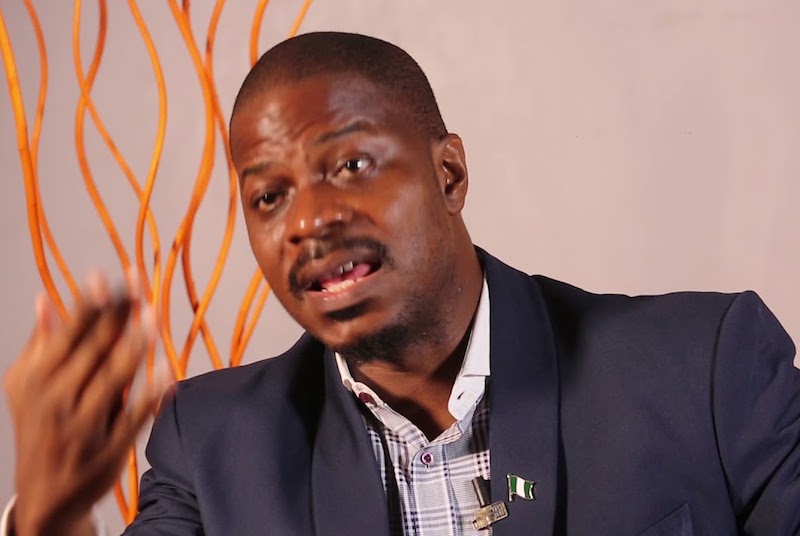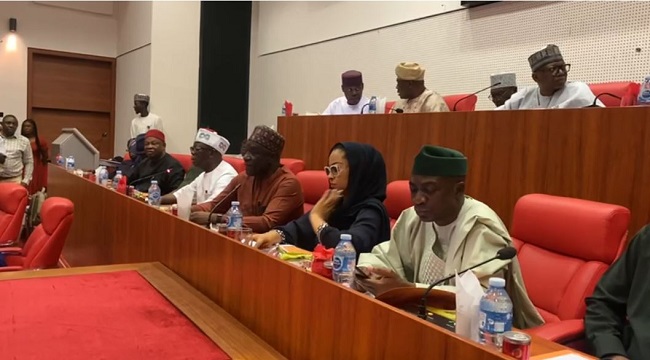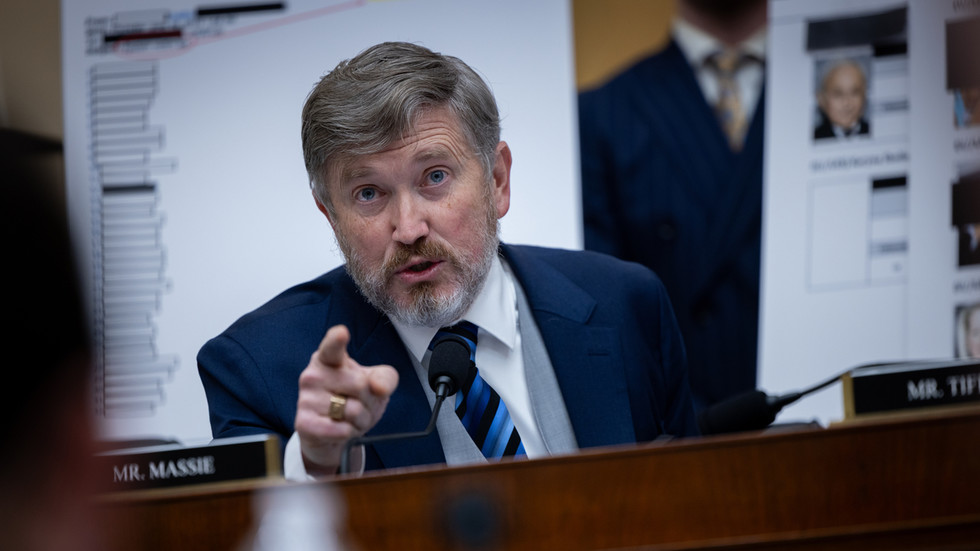African Union’s Peace and Security Council: Bridging the Gap with Citizens
Despite some progress, the African Union’s Peace and Security Council (PSC) still faces significant barriers in effectively engaging with citizens. The PSC’s commitment to building a partnership between governments and civil society is enshrined in the AU’s Constitutive Act, but numerous hurdles limit meaningful interactions.
The AU has established structures and procedures to bridge the divide, including the Citizens and Diaspora Directorate and the Economic, Social and Cultural Council (ECOSOCC). The PSC has also made strides in drawing citizens into the process of addressing Africa’s peace and security challenges, creating institutional spaces and collaborating with civil society actors.
However, institutional challenges and longstanding mistrust among civil society organisations (CSOs) of AU decision-making spheres, including the PSC, continue to hinder effective interactions. CSOs perceive ECOSOCC as a state-captured institution, and perceptions surrounding Article 6 have affected ECOSOCC membership. Additionally, the perennial antagonism between civil society and governments over sensitive governance and security issues has strained relationships.
ECOSOCC has been criticised for being urban-centric, excluding grassroots organisations that often meet selection criteria. Despite more flexibility in CSOs’ engagement criteria, ECOSOCC has yet to finalise the database, which was recommended 10 years ago to map actors in essential areas such as prevention and mediation.
To overcome these barriers, ECOSOCC should use digital platforms to widen its reach and minimise CSOs’ reluctance to engage. The PSC Secretariat should also step up advocacy efforts by assuaging governments’ concerns about including civil society in managing continental peace and security challenges.
The national chapter concept and associated composition of sectoral clusters are solid foundations for extended grassroots citizen engagements. Addressing these barriers will make civil society experts available for mediation and preventive diplomacy, enhancing the PSC’s understanding of and response to security challenges.
Ultimately, bridging the gap between the PSC and citizens is crucial for achieving peace and stability in Africa. By fostering meaningful interactions, the PSC can tap into the collective strength and expertise of civil society, ultimately benefiting the continent as a whole.



